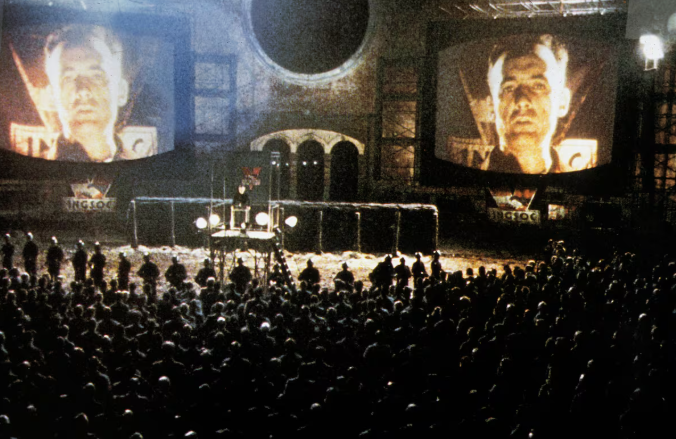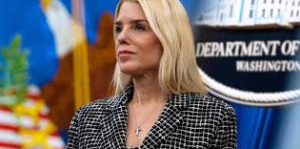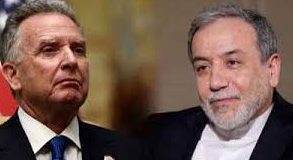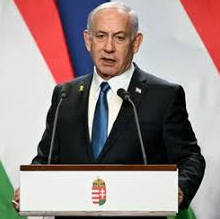As Russia and China grow closer, President Biden’s administration faces new challenges that echo Orwell’s vision of a divided world order.
As military tensions rise in Eastern Europe and the South China Sea, the geopolitical landscape in 2021 eerily mirrors the vision set out by George Orwell in his dystopian novel, 1984. With Russia applying military pressure on Ukraine and China ramping up rhetoric around Taiwan, the stage is set for a potential global confrontation that could reshape alliances.
The increasingly close relationship between Russian President Vladimir Putin and Chinese President Xi Jinping has raised concerns in the West, particularly with the Biden administration still in its early days. While no direct coordination between Russia and China over their respective actions in Ukraine and Taiwan has been proven, the actions of both leaders seem to be having a combined impact—intensifying the pressure on the United States.
This situation closely mirrors the fragmented world order described in 1984, where Orwell divided the world into three major superstates: Oceania (comprising North America and the UK), Eurasia (Russia and its allies), and Eastasia (China and its region). As tensions escalate, the question arises—are we witnessing the beginning of this world order, or is it simply a coincidence of rising global tensions? The Biden administration faces its first real test in managing this potentially dangerous alignment of Russia and China.








